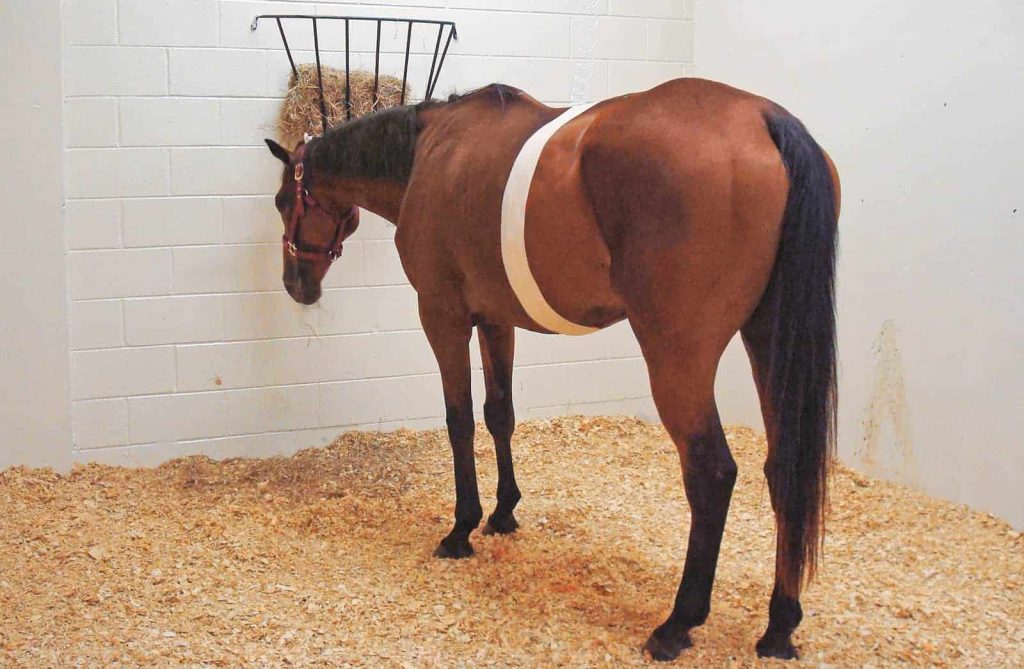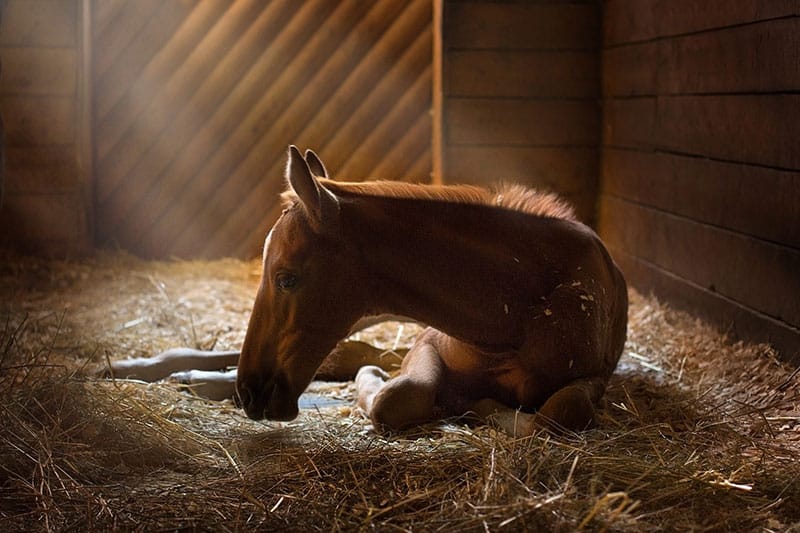
Researchers Unraveling the Mysteries of Recurrent Colic
Find out how veterinarians prevent and treat this painful condition.

Find out how veterinarians prevent and treat this painful condition.

Consider growth rate and nutrient balance when deciding what to feed young horses.

Timely decision-making could be the life-saving factor for colicking horses.

These new guidelines will help veterinarians diagnose and treat equine proliferative enteropathy.

Often, a horse’s behavior problems are rooted in either pain or incomplete training. Here’s what to consider.

One researcher assessed the physiologic mechanisms of this type of colic and found they share similarities with cystic fibrosis in humans.

While NSAIDs are valuable tools for controlling horses’ pain and inflammation, they do come with risks.

Veterinarians across several UC Davis departments helped pinpoint and resolve a 20-year-old Arabian gelding’s chronic issue.

Dr. Clair Thunes offers advice for preventing colic when the weather turns cold.

Learn how various components of the horse’s GI tract evolved to consume forage, and feed accordingly to prevent issues.

Dr. Christine Johnson of Leclair Equine, in Berthoud, Colorado, demonstrates how to listen for gut sounds.

Time is life for a foal. Here’s a look at the top causes of illness in newborn foals and how to manage a sick foal.

There are 2 forms of equine gastric ulcer syndrome. A researcher describes how to prevent them.

How veterinarians navigate 4 common scenarios, from dehydration to the postpartum period, that increase colic risk.

An equine internist explains how she makes testing decisions and interprets results.

Knowing what imaging and clinicopathologic tests to perform in what order is key to diagnosing challenging cases.
Stay on top of the most recent Horse Health news with
"*" indicates required fields